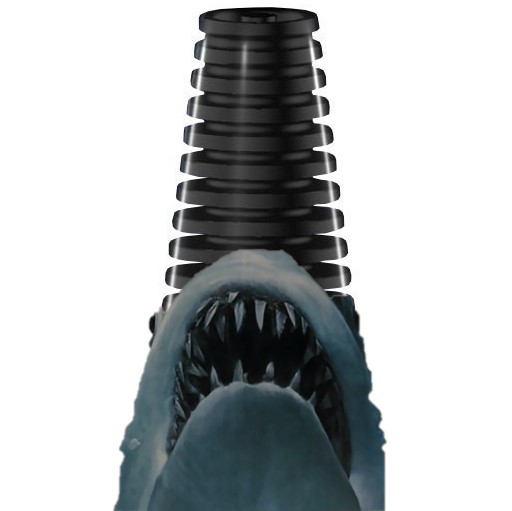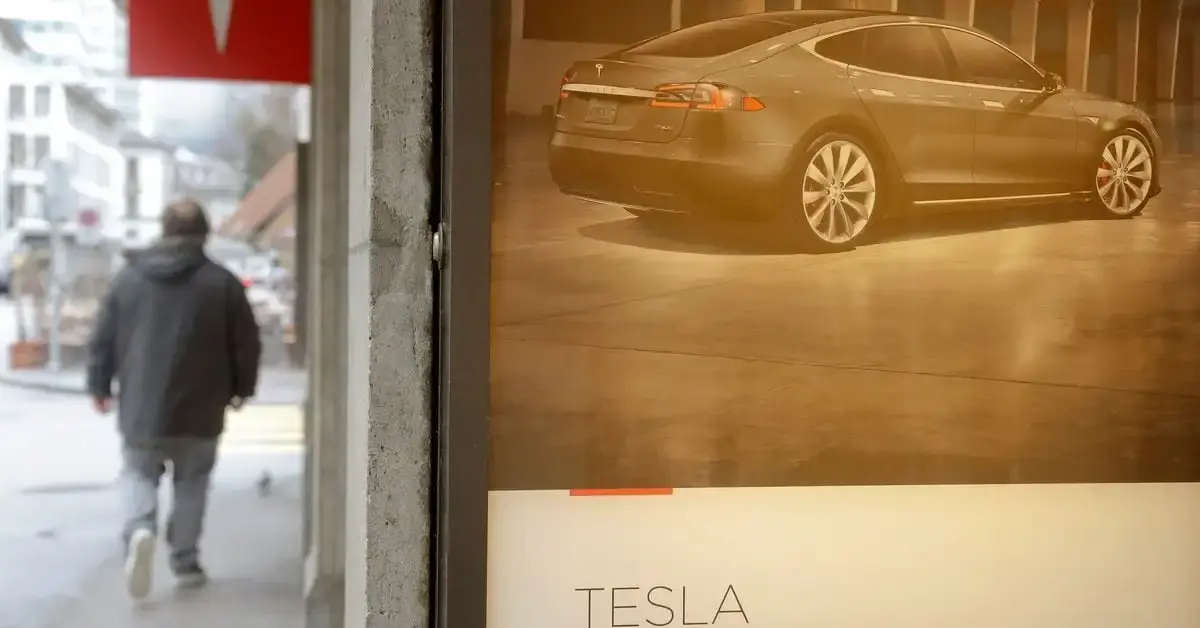Bryant Walker Smith, a University of South Carolina law professor, called the judge’s summary of the evidence significant because it suggests “alarming inconsistencies” between what Tesla knew internally, and what it was saying in its marketing.
“This opinion opens the door for a public trial in which the judge seems inclined to admit a lot of testimony and other evidence that could be pretty awkward for Tesla and its CEO,” Smith said. “And now the result of that trial could be a verdict with punitive damages.”

why isnt this criminal again? money? its money right

Florida man is dead!?

And no alligator was involved. Unbelievable

Yes, and “death by robo car” ain’t the strangest one.

I didn’t think it was even possible. Elon Musk truly is one of a kind. He can do anything!

This is what gets me. Why would any Tesla owner believe that the auto pilot is autonomous regardless of what Testa says. Autonomous is only going to be possible via decades of real world experience and some freaky crashes to learn from. It is only a question of when the crash rate is less then the average human which is not great in itself.
Would love to have an autonomous vehicle but I have no interest in being an early adopter.

Tesla has put out a lot of statistically questionable fluff about how thier “autonomous pilot” is safer than the average human driver, some people even believe it. Most of them don’t, but well as they say, picture in your mind the intelligence of the average american driver, then realize that half of them are even dumber than that.

“hey siri can you sue a judge for defamation” - elon, probably

And now the result of that trial could be a verdict with punitive damages.
Hitting them in the pocketbook is a start, but this should rise to criminal liability.
🤖 I’m a bot that provides automatic summaries for articles:
Click here to see the summary
Nov 21 (Reuters) - A Florida judge found “reasonable evidence” that Tesla Chief Executive Elon Musk and other managers knew the automaker’s vehicles had a defective Autopilot system but still allowed the cars to be driven unsafely, according to a ruling.
Judge Reid Scott, in the Circuit Court for Palm Beach County, ruled last week that the plaintiff in a lawsuit over a fatal crash could proceed to trial and bring punitive damages claims against Tesla for intentional misconduct and gross negligence.
Bryant Walker Smith, a University of South Carolina law professor, called the judge’s summary of the evidence significant because it suggests “alarming inconsistencies” between what Tesla knew internally, and what it was saying in its marketing.
“This opinion opens the door for a public trial in which the judge seems inclined to admit a lot of testimony and other evidence that could be pretty awkward for Tesla and its CEO,” Smith said.
The judge said the accident is “eerily similar” to a 2016 fatal crash involving Joshua Brown in which the Autopilot system failed to detect crossing trucks, leading vehicles to go underneath a tractor trailer at high speeds.
“It would be reasonable to conclude that the Defendant Tesla through its CEO and engineers was acutely aware of the problem with the ‘Autopilot’ failing to detect cross traffic,” the judge wrote.
Saved 56% of original text.

i would rather like a complete idiot than causing a death

